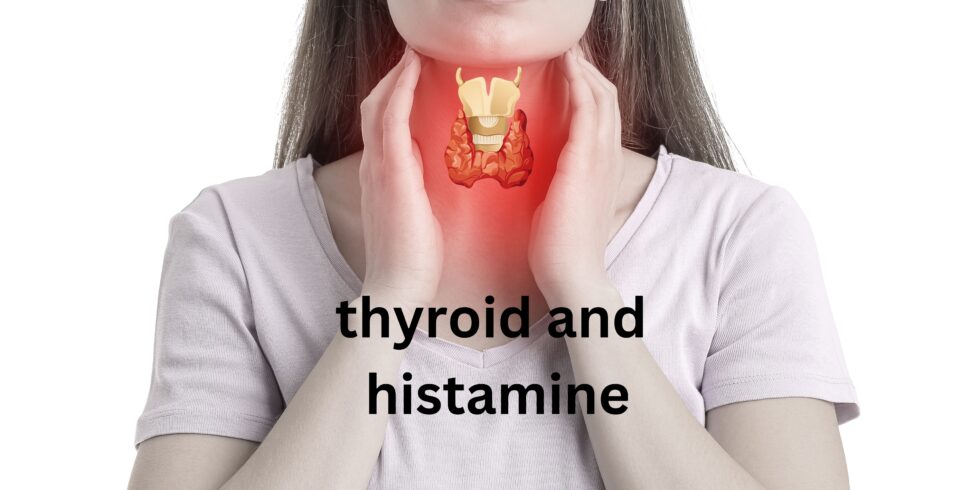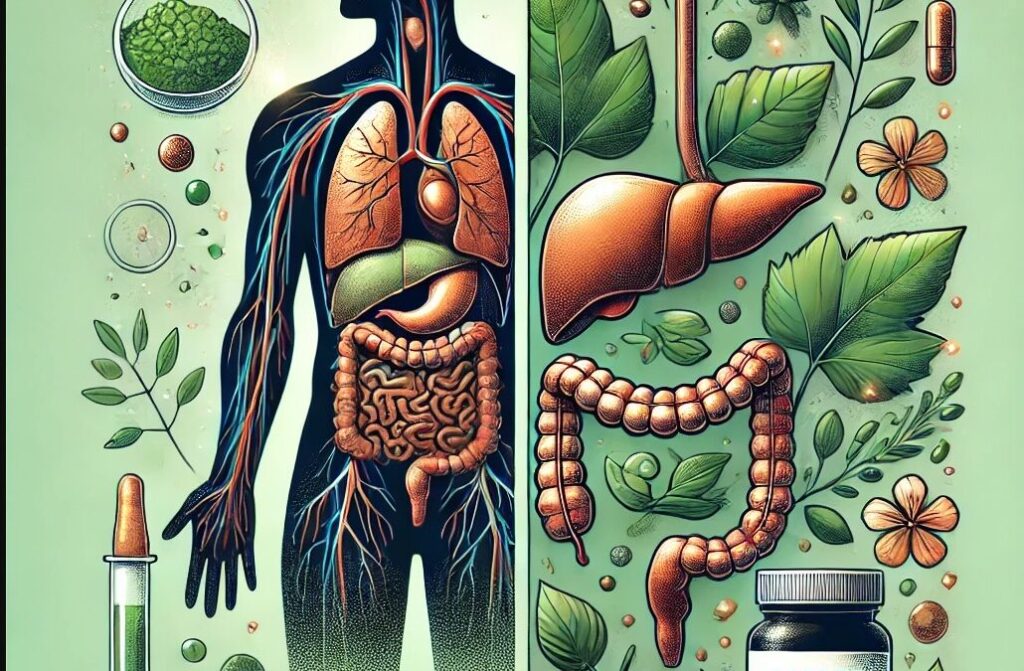Patient Profile
- Name: Jane Doe
- Age: 43
- Gender: Female
- Main Complaints: Frequent bladder infections characterized by burning, pain, and frequent urination.
Diagnostic Findings
Jane’s condition was extensively evaluated using various diagnostic tools:
- Microgen Testing: Revealed a bacterial imbalance with low levels of Lactobacillus gasseri and the presence of E. coli, Streptococcus anginosus, Streptococcus oralis, and Prevotella bivia.
- Comprehensive Testing: Included Hair Tissue Mineral Analysis (HTMA), Nutreval, and tests for urine mycotoxins, glyphosate, iodine, and nutrigenomics.
Additional Findings
- Biochemical Imbalances: High levels of urinary glyphosate, elevated oxalates, and deficiencies in vital nutrients such as Vitamin C, ALA, B1, B2, and manganese.
- Genetic Factors: Polymorphisms identified in antioxidant pathways and genes related to methylation and inflammation suggested a tailored approach to treatment.
Understanding Genetic Influences on Bladder Health
Genetic factors play a significant role in determining the susceptibility to and management of chronic urinary tract conditions. Here’s how specific polymorphisms and mutations may impact bladder health:
- Antioxidant Enzyme Polymorphisms (HMOX1, HMOX2, CAT, SOD2) – These genes encode enzymes that are crucial in managing oxidative stress in the body. Variations in these genes can affect how efficiently the body handles oxidative stress, which is a key factor in inflammation and cellular damage associated with urinary tract disorders.
- **Methylation-Related Genes (COMT, MTHFR)** – Methylation is a critical biochemical process involving the transfer of a methyl group onto amino acids, proteins, enzymes, and DNA, which can affect numerous bodily functions. Polymorphisms like MTHFR C677T and COMT can influence the body’s ability to process folate and regulate neurotransmitter activity, impacting everything from detoxification processes to emotional regulation, both of which can be crucial for patients dealing with chronic pain and inflammation.
- TNF-α (Tumor Necrosis Factor-alpha) – This gene plays a critical role in the inflammatory response. The TNFa polymorphism (+/-) can alter the level and activity of TNF-α, potentially increasing the inflammatory response associated with chronic bladder infections and interstitial cystitis.
- CYP4F2 – This gene is involved in metabolizing vitamins and fatty acids. A polymorphism in CYP4F2 (+/-) can affect vitamin E and fatty acid metabolism, which are important for maintaining cellular health and reducing inflammation in the urinary tract.
- IL6 (Interleukin 6) – IL6 is a cytokine that plays a pivotal role in immune response and inflammation. An overexpression associated with IL6 (+/+) can lead to heightened inflammatory responses, which may exacerbate symptoms in chronic urinary tract conditions.
- CBS A360A (rs1801181) – This specific mutation affects the enzyme responsible for processing sulfur-containing amino acids. This can lead to increased levels of substances like ammonia in the body, which can irritate the bladder and contribute to symptoms of interstitial cystitis.
Case Study Treatment Implications
Given these genetic predispositions, Jane’s treatment was tailored to not only manage her symptoms but also address her unique genetic profile:
- Nutritional interventions were designed to support detoxification pathways and reduce oxidative stress, with an emphasis on nutrients that Jane’s body may have difficulty processing due to her genetic makeup.
- Supplemental enzymes and cofactors were included to support pathways affected by her COMT and MTHFR mutations, enhancing her body’s ability to handle methylation processes effectively.
- Anti-inflammatory support was provided, considering her TNFa and IL6 genotypes, to help manage the systemic inflammation that could be exacerbating her bladder symptoms.
By integrating genetic insights with conventional and holistic treatments, the protocol aimed to provide a comprehensive approach to managing Jane’s chronic urinary conditions, leading to her significant improvement.
This holistic and personalized approach highlights the importance of understanding genetic factors in developing effective treatment strategies for complex conditions like chronic UTIs and interstitial cystitis.
Treatment Protocol
Jane’s treatment combined conventional and innovative approaches:
- Nutritional Supplements: A custom-formulated Vykon nutritional powder supplemented with cofactors to support enzyme pathways critical to addressing her unique biochemical imbalances.
- Dietary Adjustments: A specialized diet low in oxalates and histamines, along with an elimination protocol to reduce inflammation and support gut health.
- Gut and Hormone Support: Soil-based probiotics, immunoglobulins for gut integrity, and hormone supplements including DHEA and pregnenolone.
- Infection Management: Use of boric acid and silver gel for localized treatment, a biofilm disruptor to enhance microbial management, and Cefdinir, a selective antibiotic known for its minimal impact on beneficial flora.
- Detoxification and Histamine Management: Incorporation of zeolite for detoxification and nutrient absorption, and a histamine digest aid to manage histamine levels.
Outcome
After the treatment, Jane reported a significant improvement in symptoms with a restoration of Lactobacillus gasseri levels in the vaginal flora and no detectable bladder infection. She experienced complete relief from her previous symptoms, demonstrating the effectiveness of a personalized, multifaceted approach to managing chronic UTI and interstitial cystitis.
This case study highlights the potential of integrating personalized nutrition and targeted treatment strategies to effectively manage complex conditions like chronic UTI and IC, offering hope and improved quality of life for patients suffering from these debilitating conditions.



